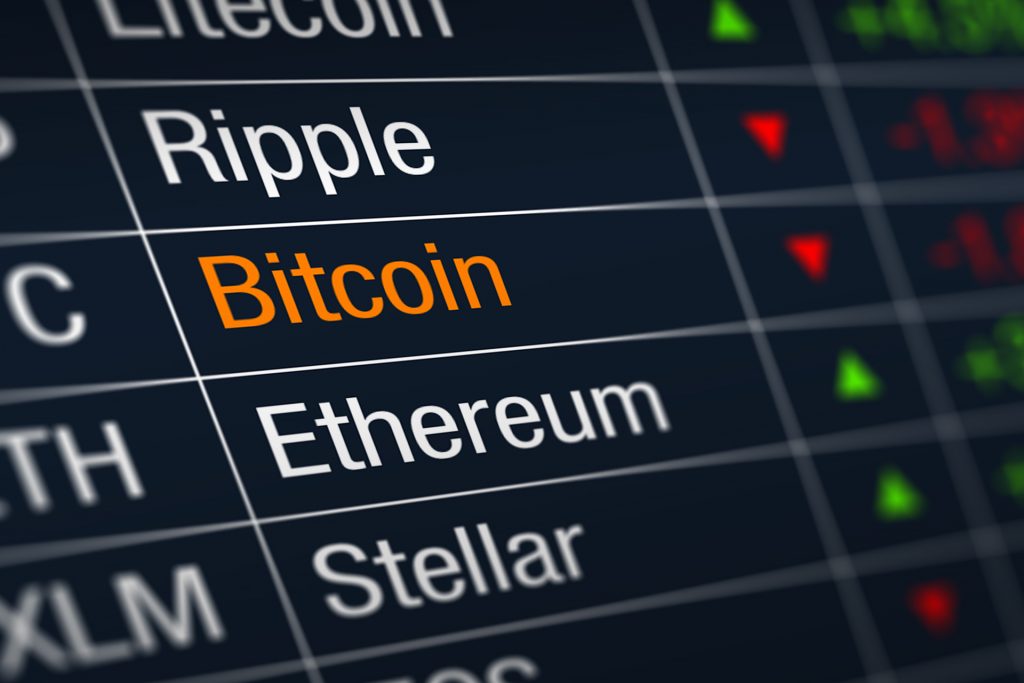The Law on Digital Assets (Law) establishes legal grounds for issuance of digital assets on the primary market as well as secondary trading therewith in Serbia, services related to digital assets, third parties’ rights on digital assets (pledge, fiducia), and competences of regulators (NBS, SEC) to effect supervision over the application of the Law. Two fundamental forms of digital assets are differentiated, the virtual currency and the digital token. While the former, albeit not being a legal equivalent to money or currency, is accepted by natural or legal persons as means of exchange and can be bought, sold, exchanged, transmitted, and stored electronically, the latter incorporates any intangible property right that in digital form represents one or more other property rights. As such, digital tokens are expected to provide new and innovative sources of finance to above all, small and medium-sized businesses.
Advertising an initial offering of digital assets is in principle conditioned on the publishing of a white paper, approved by the regulator, i.e. a document, drafted by the issuer, which comprises all relevant information for an investor to make an informed investment decision. As for the secondary trading with digital assets, it may as well take place on a digital assets trading platform – a multilateral system that organizes trading with these assets – managed by the platform organizer and which enables and facilitates merging the interests of third parties to buy and/or sell digital assets and/or exchange digital assets for other digital assets.
The use of smart contracts in trading on the secondary market is permitted, whereby a smart contract is defined as a computer program or protocol, based on distributed database technology or similar technologies, which automatically executes, controls, or documents legally relevant events and actions in accordance with the already concluded contract.
The Law further prescribes status and organizational requirements to be fulfilled by providers of services, related to digital assets, which are, inter alia, allowed to lend pecuniary funds or digital assets to their clients for the purpose of financial leverage in connection with digital assets trading.
Overall, the underlying principle of the Law is technological neutrality, meaning that, although it predominantly concentrates on blockchain technology, no other technology is per se excluded or limited, which is why the Law may also potentially cover future information and communications technologies.
The Law shall become applicable within six months upon its entry into force, i.e. on 29 June 2021.
